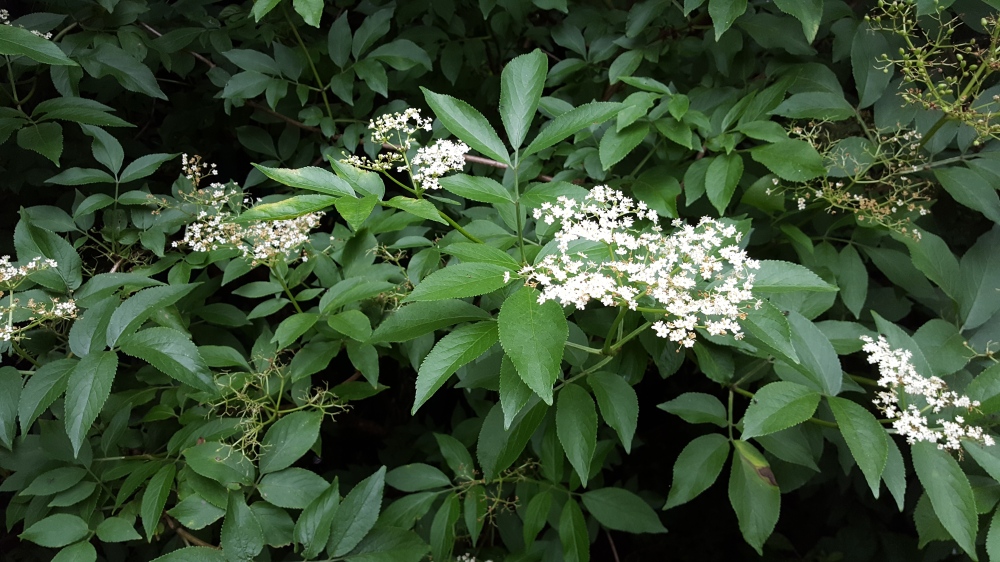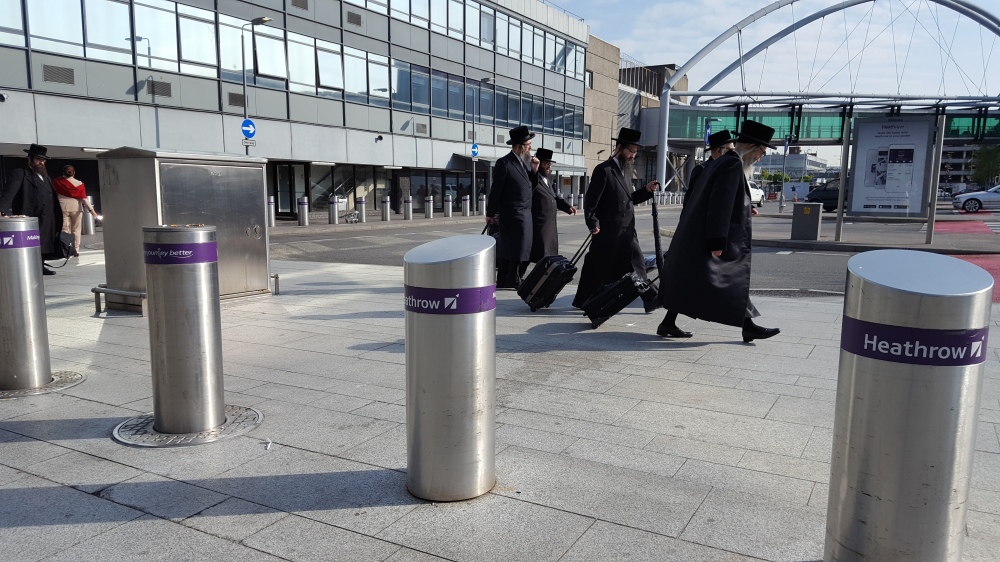I’d tasted haggis, faggots, black pudding, laver bread, and even mushy peas, but in all the years of living in the U.K., I’d never feasted on the British staple known as Pot Noodle. I’d heard about the 1970s wonder. I knew that British university students survived on it. I’d even seen Heston Blumenthal recreate it using Japanese noodles and dashi broth on his weird and wonderful cooking show. But my lips had never tasted it. Until now.
Sometimes you need to dive out into the deep.
Step beyond the shores into the waves.
Live a little.
Risk it all.

I’d agreed to walk to the local shop with my best mate. She needed ingredients for a cake. In the shop, surrounded by fresh produce and lean healthy meat, our stomachs reminded us it was already two o’clock and we hadn’t eaten lunch.
“Maybe I’ll buy a Pot Noodle,” she said, her mouth already salivating.
“I’ve never tried it,” I admitted.
Her horrified gasp filled the shop and she immediately took it upon herself to remedy the situation.
Half an hour later, I sat in my kitchen waiting for the kettle to boil, diligently studying the instructions on the Chicken and Mushroom flavour Pot Noodle container. I’d been warned to not to read the ingredients, as it might negatively influence my tasting experience. Of course, that made me want to read it even more, but I resisted—sneaking only a quick glance at the fine print which read: INGREDIENTS (After Preparation).
Weren’t the ingredients the same Before preparation too? How did they change? Magically transform? Or mutate?
It’s not rocket science was printed in bold-face type by the first step: RIP OFF THE LID. Whip out the sachet. Add boiling water to fill level. Leave alone for 2 mins.
I tore off the lid and threw it in the bin. But how exactly does one whip out the sachet? With a pronounced flick of the wrist? Or full-fledged flamenco dancing?
I carefully pulled the little soy sauce sachet out of the yellow powder and shook it off before laying it to the side. Then I poured the boiling water into the cup to the fill line and went to find a spoon. Perhaps my first mistake was not setting a timer for 2 minutes. Or not reading the full instructions before starting. Or assuming that one would eat a soup-like substance with a spoon.
We all know what happens when we assume.
Assuming things will happen sooner than they do.
Assuming we should be entitled to a safe, pain-free, grief-free life.
Assuming God doesn’t hear us. He doesn’t care. He’s asleep or indifferent.
Assuming we’re in this journey alone. No one else understands. No one else struggles with the same issues.
No wonder we trip. And fall down.
Assumptions are the stumbling blocks of faith.
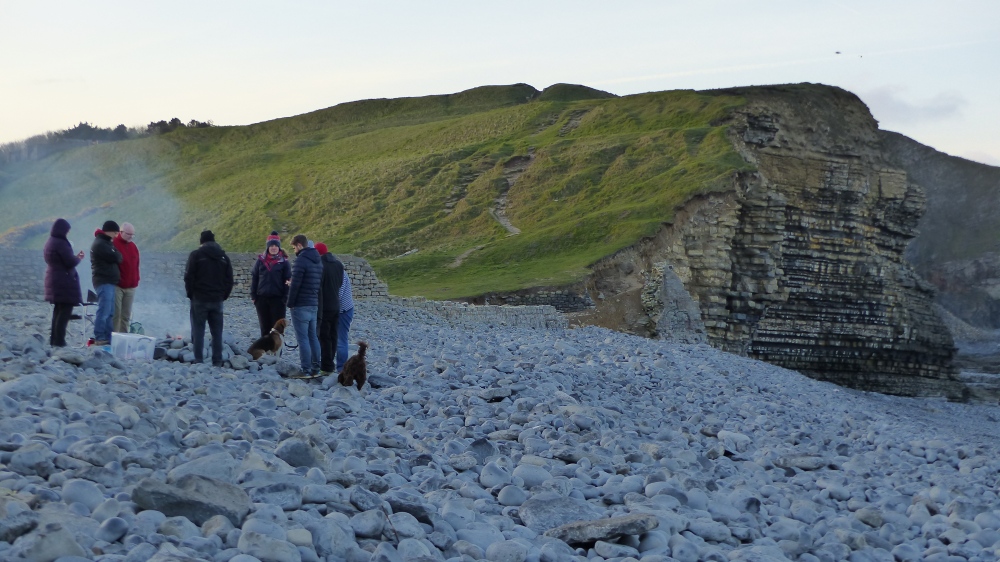


Blissfully oblivious to the fact I was making a profound error; I pulled a soup spoon from the drawer and decided it had roughly been two minutes. Step 2: STIR. Leave for another 2 mins.
Trying to stir a lump of petrified worms with a spoon is not an easy feat. Hot yellow broth splashed on my top. The lump remained a lump. I gave up and counted down two minutes while glancing ahead to Step 3: STIR AGAIN. Find sachet, add contents.
Find sachet!? It was still sitting obediently on the kitchen counter where I’d placed it. Perhaps if I’d actually whipped it out properly in Step 1, I’d have the need to play hide and seek to find it under the cooker, or on top of the cabinet, or behind the fridge. I stirred the second time as instructed and found the solidified lump had slightly gone limp, but stirring with a spoon was still not easy.
The little brown sachet had its own instructions. I didn’t know Pot Noodle was so complicated to make. (It’s amazing students ever have time to study; all their time is taken up following Pot Noodle’s intricate instructions.) I couldn’t be bothered to read anymore, so I ripped open the sachet and dumped the entire five droplets of soy sauce into the cup. Then and only then did I read Step 4: GRAB FORK and dig in. Make sure you eat it while it’s hot. Do not reheat.

I’d been using a spoon!! Stirring noodles with a fork certainly made more sense. If only I’d known. I grabbed a fork, stabbed into the noodles, and ingested my first ever forkful of Pot Noodle.
Sometimes grace is the lump in our throats when we come to the end of our ropes.
Sometimes grace is not what we expect.
Sometimes grace is the story we connect with.
Sometimes grace is found in the desert.

The hot liquid seared my tongue. The noodles tasted like—well, noodles. And I saw sweetcorn. But no chicken or mushrooms. Half a pot later and I finally found a rubbery mushroom. It wasn’t the best food I’d ever tasted, but neither was it the worst. Mondungo soup in Guatemala, made with entire chicken feet was far worse. Pot Noodle was actually quite good in comparison. I continued to happily munch on the noodles. I felt a warm sense of pleasure deep within. I had joined millions of Britain’s Pot Noodle eaters. I could say I’d been there; done that; got the T-shirt!
Then I got to the bottom of the pot. The noodles were gone, but four centimetres of yellow sludge with floaty bits remained in the cup. How on earth was I supposed to eat that with a fork? I tilted the cup to double-check, but there were no further instructions.
I could go find the dirty spoon I’d erroneously used at the start, but I’d whipped it across the kitchen. I could throw the rest in the bin, but that seemed sacrilegious—I doubted Pot Noodle lovers did that. Or I could tilt the cup up to my lips and swallow the sweet nectar straight from the cup.
I opted for drinking the rest. Wrong move.
It tasted like toxic yellow mud; four parts salt, two parts aftertaste, and three parts grit. I made such a face that my husband nearly creased himself.
I whipped out an empty glass, filled it with clean Welsh water, and washed away any remainder of my Pot Noodle Adventure.
At least the pot can be recycled! That’s one saving grace!
Go on…you know you want to
…Pot Noodle
…Faith
…That tentative first step into the unknown with a rabbi called Jesus.
Be brave!
Whatever happens, he’s got your back.


 We sat in her lovely four-bedroom house informally interviewing her for a lodger. I’d never met her before. But I was curious. Can I ask, are you a person of faith?
We sat in her lovely four-bedroom house informally interviewing her for a lodger. I’d never met her before. But I was curious. Can I ask, are you a person of faith?




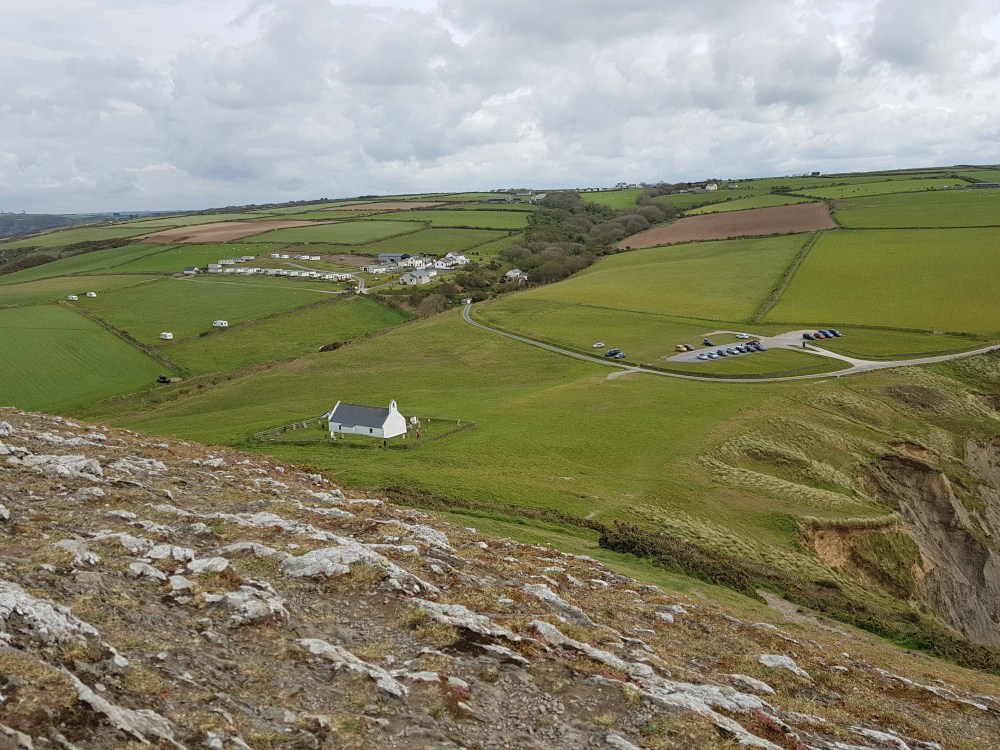




























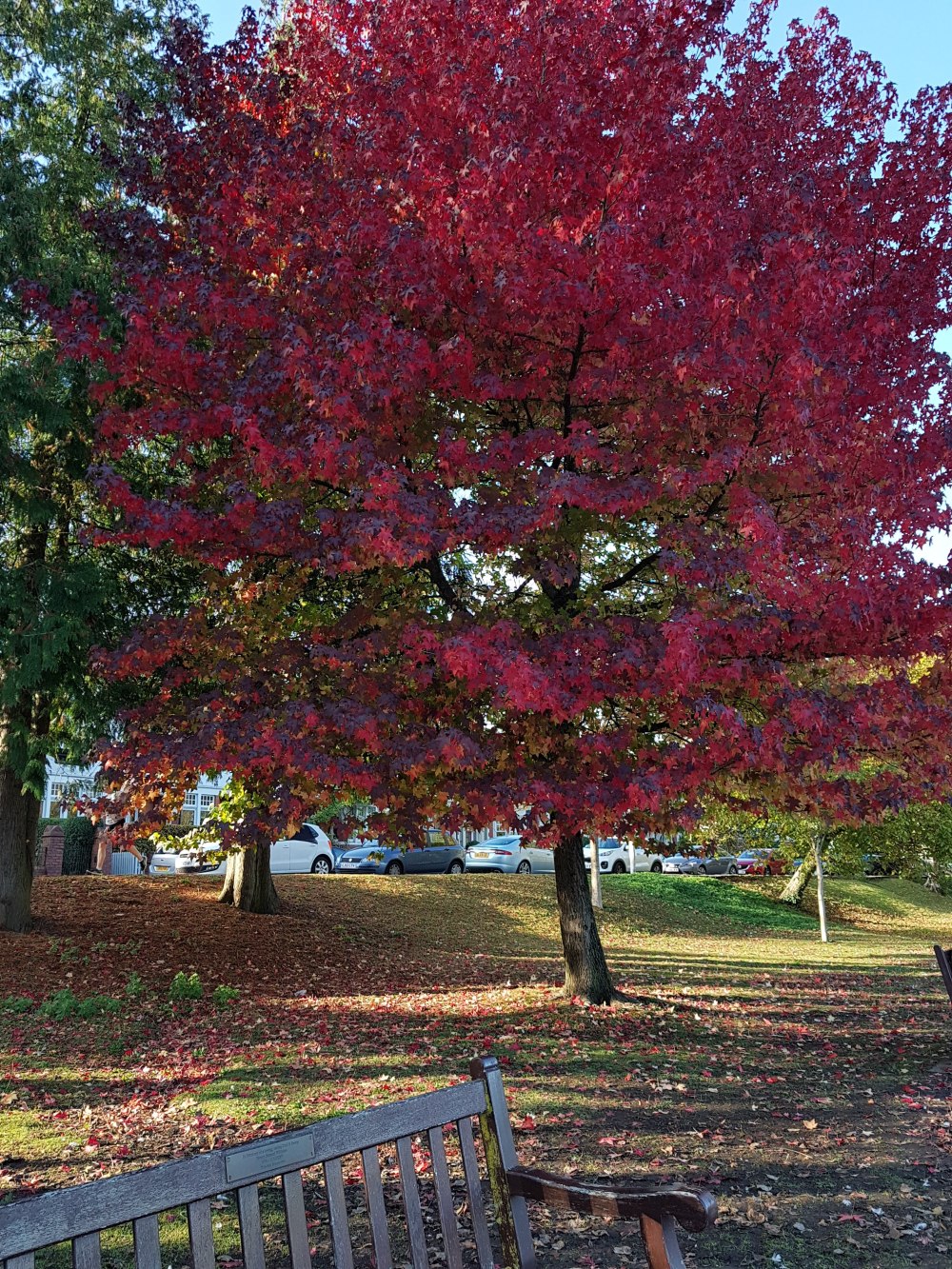


















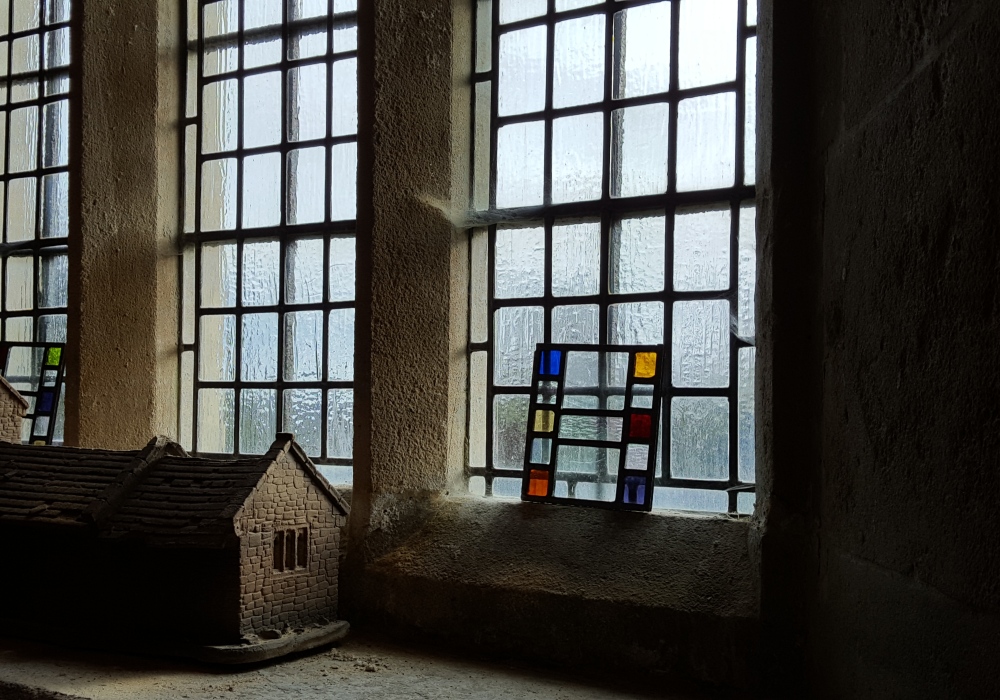












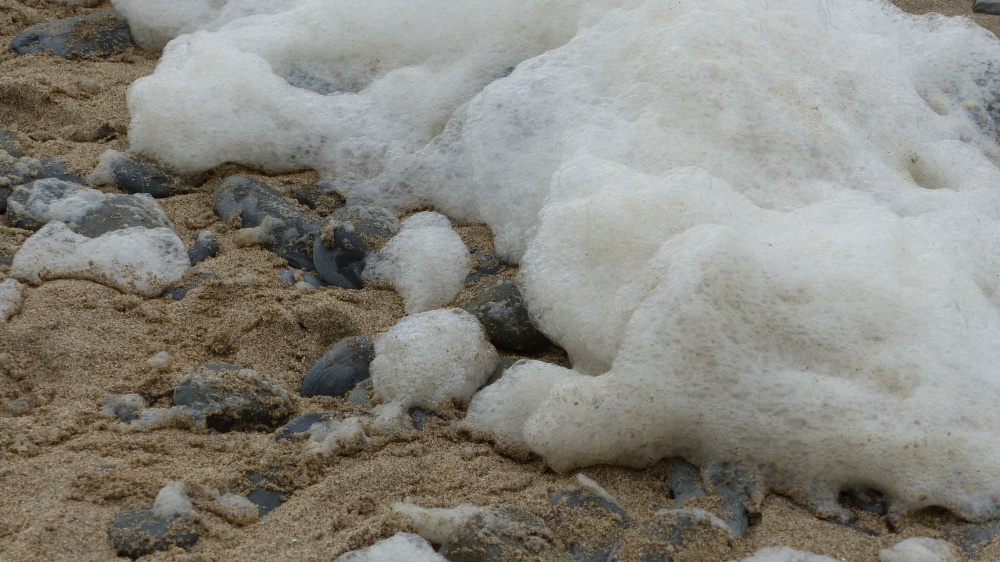





















 We drove to a holiday cottage in the Wye Valley, took a long weekend break, and sliced our hearts open. Surrounded by hills and ancient relics and The Devil’s Pulpit, we laughed until we cried and cried until we laughed.
We drove to a holiday cottage in the Wye Valley, took a long weekend break, and sliced our hearts open. Surrounded by hills and ancient relics and The Devil’s Pulpit, we laughed until we cried and cried until we laughed.











